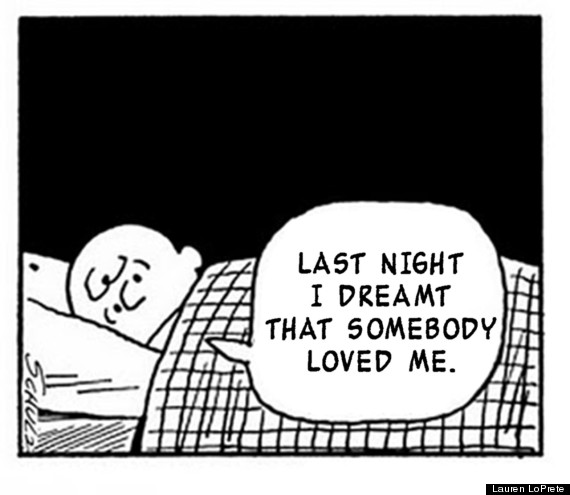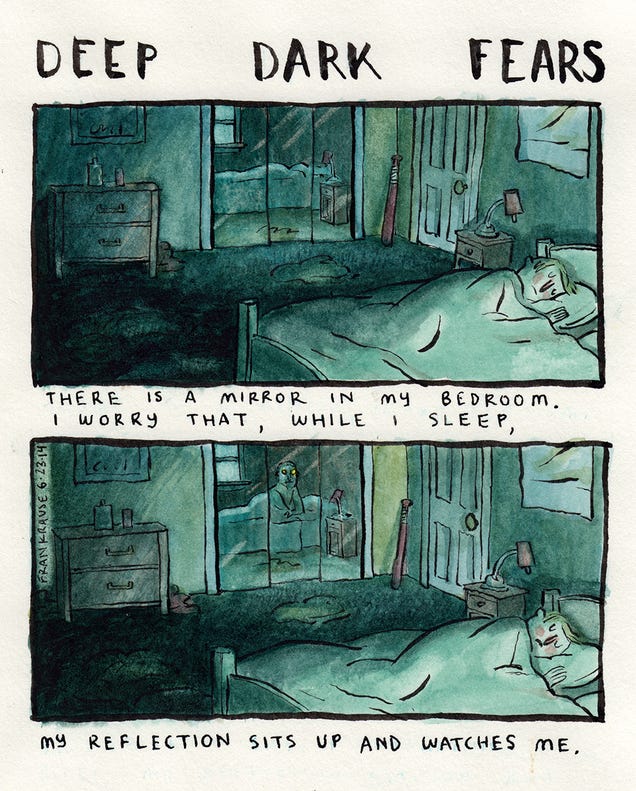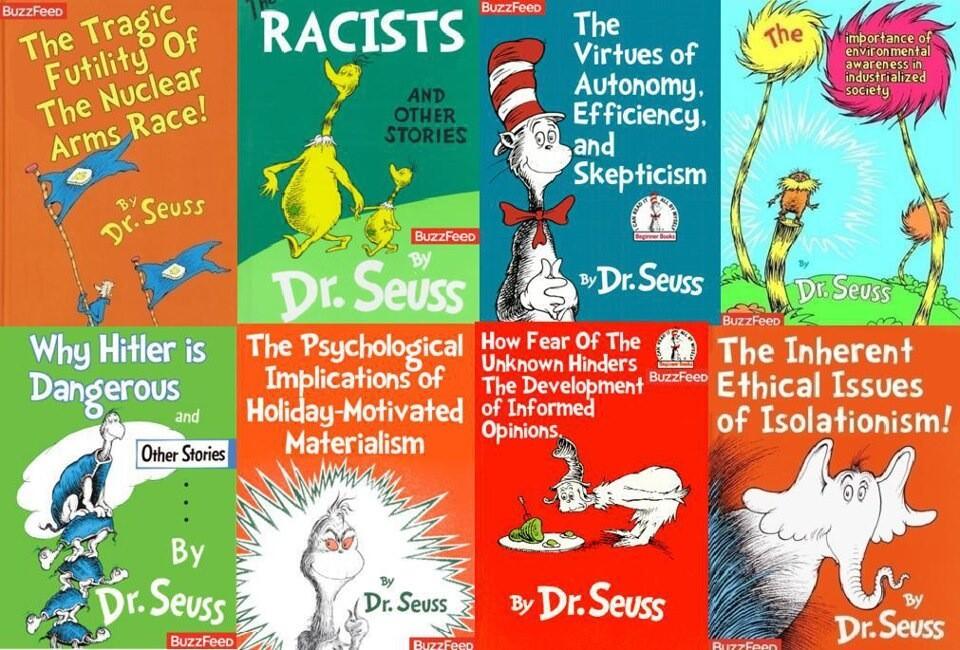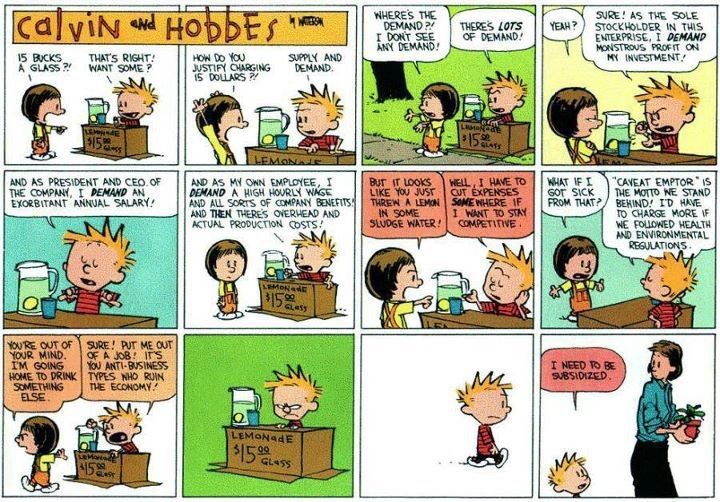
Je Suis Charlie Morrissey.

Haunting the Web Since 1999




10 Life Lessons from Calvin & Hobbes. A bit cloying at times, but hey, the world always needs more posts about Calvin & Hobbes. Also, if you can’t imagine yourself a tiger buddy for these, a crazy sheltie will also do.

Or for a longer but equally goofy answer, see Louis Menand in The New Yorker, circa 2002: “The Cat in the Hat was a Cold War invention. His value as an analyst of the psychology of his time…is readily appreciated: transgression and hypocrisy are the principal themes of his little story. But he also stands in an intimate and paradoxical relation to national-security policy. He was both its creature and its nemesis — the unraveller of the very culture that produced him and that made him a star.”
“The 39% of Americans with an opinion about Bowles/Simpson is only slightly higher than the 25% with one about Panetta/Burns, a mythical Clinton Chief of Staff/former western Republican Senator combo we conceived of to test how many people would say they had an opinion even about something that doesn’t exist.” Speaking of a different Burns — Conrad, not Monty — a Public Policy Polling survey finds that Simpson-Bowles fares only slightly better than completely imaginary legislation in the public mind. As it should!
Actually, if you’re a looking for a good summary of the Simpson-Bowles plan, it’s hard to beat this one by Kevin Baker (via Past Punditry): “A prescription for hunting down every last remaining vestige of the middle class in this country and beating it to death with a stick…By the way, if the notion of putting a crazy old, obnoxious right-wing coot and Bill Clinton’s chief fund-raiser at Morgan Stanley in charge of a committee to make the very richest people in America still infinitely richer while at the same time ripping open the underbellies of working people in this country from stem to stern seems like a puzzling idea coming from the great avatar of hope and change, you’re onto something.“
Also in PPP’s findings: “49% of GOP voters nationally say they think that ACORN stole the election for President Obama. We found that 52% of Republicans thought that ACORN stole the 2008 election for Obama, so this is a modest decline, but perhaps smaller than might have been expected given that ACORN doesn’t exist anymore.” [rimshot]

“[E]very investment expert knows two truths about investing: 1) Past performance is no indication of future performance. 2) You need to consider a company’s track record. Right, yes, those are opposites. And it’s pretty much all that anyone knows about investing.“
In the WSJ, Dilbert’s Scott Adams makes the case for investing in thoroughly evil companies. “People ask me how it feels to take the side of moral bankruptcy. Answer: Pretty good! Thanks for asking. How’s it feel to be a disgruntled victim?“